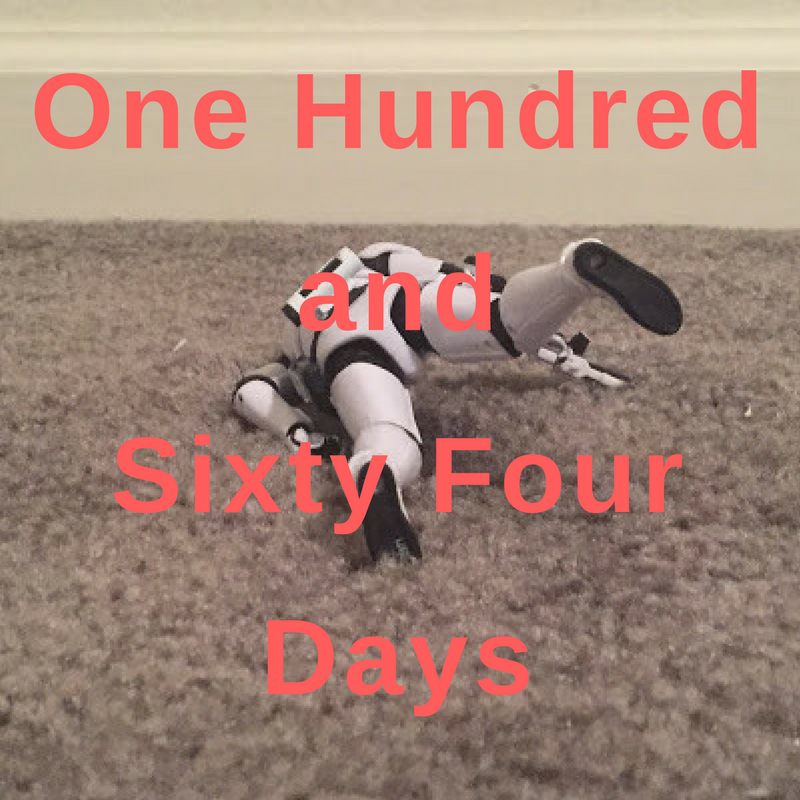Your can hate me now / But I won't stop now
Over on his
incredibly depressing list of things I will not be able to afford, Tom Spurgeon makes a brief but interesting point about the
Scott Pilgrim series:
I'm not as smitten with this engaging series of books as some people seem to be, but the way its fans talk about it makes me think this is a seminal comics experience for a lot of readers, particularly those from about 22-30 years old. I'm not sure there are a lot of those anymore.
This is a very succinct way of parsing the appeal this series has for what appears to be a large cross-section of the "smarter" comics reading crowd. There have been very few negative reactions at all. But the negative views seem to be consistently shouted down but the praise. Just this minute I did a Google search in order to find any review of the series that wasn't entirely laudatory, but I failed miserably. Is it possibly the most universally beloved new comic being published today?
Well, eh, I don't think so.
A couple months back my review of the Scott Pilgrim series to date was published in the pages of
The Comics Journal. I usually try to steer clear of commenting on pieces I write elsewhere in the context of this blog, but I am bringing it up at this late date for a couple reasons. One, I wrote the review with the specific purpose of provoking an incendiary response, and perhaps inspiring
some kind of back-and-forth on the matter. The fact that this review landed like a wet turd at midnight begs the question, does no one read the
Journal anymore? If the
Journal can print a ritual disemboweling of one of Team Comics' most sacred cows without inspiring so much as a blink, well, I don't believe the magazine is penetrating anywhere near as deeply into the "intelligent, opinionated" comic reader demographic as it once did. Perhaps the price increase really hurt the magazine? (This is bad because I get paychecks from the
Journal, and small as they are they usually go towards paying my credit card bills on any given month. So - buy the
Journal, help get Mastercard off my back!)
But secondly, to reiterate, there wasn't a lot of reaction, period. Which was kind of disappointing. The only mention I could find anywhere online was one rebuttal by
Mr. Chris Allen, posted
here. Like the review itself it was posted a while ago, but since he was courteous enough to respond, I figure I should be courteous to resply in kind.
Essentially, Mr. Allen disagrees with every single facet of my review. Which is fun, I like writing things that piss people off. I take issue with some of his quibbles on my diction -- picking on pipsqueak grammar problems is pretty low in my book, especially since his examples are hardly deal-breakers. "Totally derailed" may be redundant, but putting a modifying adverb on an absolute verb is hardly a federal offense, and most people do it on a regular basis - I do it myself mostly for stylistic reasons pertaining to the flow of sentence structure. Sometimes a sentence just reads better if there's an adverb, even if it's not strictly necessary. I'll own up to the double usage of "deft", but again, the second figurative usage which Allen criticizes is not something I would ever criticize. Allen breaks out his thesaurus to give us proper synonyms for "deft", but apparently when he logged in to Dictionary.com he didn't look any further
down the page to see the other usages offered - "dexterous of hand and inventive of mind", "skilful, quick and neat". I'd defend my usage to anyone.
If this sounds tetchy, well, it is. Allen's reaction comes off as
extremely tetchy - he even throws in a bit towards the end about "not just the writer but the editor needing to take a little more care with the final product". I am not going to defend Michael Dean - he's always been more than fair in his dealings with me - if you want to attack his tenure as editor he is a big boy, he can take it, and last I checked his e-mail address was publicly available. But accusing the
Journal of being lax in its standards simply because they printed a review that you disagreed with seems to me rather to be missing the point. And many of Allen's criticisms seem to be exactly that, missing the point in the name of defending a book he likes instead of speaking to the criticism at hand.
The core contention here is one with which I strongly disagree and believe to be indefensibly fallacious: that an "inability to accept the concept of the series [disqualifies me] from writing about the execution of that concept". If you accept this at face value, you've essentially invalidated the entirety of criticism throughout history. It is perhaps the
first job of an artist - writer, cartoonist, director, whatever - to convince the audience of what they are doing, no matter how unusual or leftfield it may be. Failure to convince your audience is tantamount to failing, period. Saying that because I cannot accept the series' concept I cannot criticize the series' execution is simply bullshit. I could spend a lot of time explaining how this is wrong in specific detail, but for the purposes of brevity I'd like to point Mr. Allen to
Your Movie Sucks by Roger Ebert
. Regardless of your opinions on Mr. Ebert, he is never better when he is lambasting bad movies. If you believed for one second that an inability to accept the premise of a story disqualified you from critiquing said story, the very idea of a bad review would seem like a non-sequitor - the only "legitimate" bad review would be a review that wasn't really bad, merely conciliatory.
Your Movie Sucks would be a waste of paper instead of a very funny book, because Ebert's inability to fully get behind the premise of
Deuce Bigalo 2 would disqualify him from ranting about how poor the movie actually was.
It is conceivable that a good movie could someday be made with
Deuce Bigalo's premise - maybe not with Rob Schneider at the helm, but hey, it's not like dick jokes are ever going to go out of style. By that same token, it is conceivable that someday someone make an action-romance-comedy about video games that isn't insulting on the face of it, but
Scott Pilgrim is not such a book. If you are not already "on board" with the idea of video games, you're pretty much out of luck with the book, and Brian O'Malley does nothing in the way of combating reader preconceptions in this regard. As it is, I am a Grown Adult and I don't accept the validity of video games as anything deserving serious discourse. I sort of skirted this issue when I wrote about
Penny Arcade in the pages of the
Journal a few months back, for a couple reasons. I do have an honest respect for what Tycho and Gabe have achieved, and their accomplishments as self-appointed spokespersons for the gaming community. And I didn't really think it would have been appropriate to open the can of worms of
my separate misgivings in the context of discussing
their work.
But for
Scott Pilgrim, my misgivings were pulled front and center by the work itself: video games are for children*. Grown adults who play video games, and furthermore, relate life experience back to the dubious metaphorical world of video games, have a
lot of work ahead of them before they can expect to convince me that the whole thing isn't a waste of my time.
Scott Pilgrim isn't labeled or sold as a childrens' book, so I am left to believe that Grown Adults are supposed to somehow identify with the intrinsically juvenile metaphors on which O'Malley has built his story - including, it must be said, extremely offensive gender politics and an unblinking acceptance of violence as a means of concept resolution. I have an easier time accepting the multiple layers of suspension of disbelief behind Geoff Johns' continuity porn
JSA than I do
Scott Pilgrim.
So, call me lazy, call me dishonest, "call me irresponsible" - but I just don't like
Scott Pilgrim. I think it's pretty much the definition of a work designed to stroke the pleasure receptors of a certain specific audience, with little to no attention - and seemingly a conscious disregard - given to how it may play outside this narrowcast focus. Pointing out that this approach is, in fact, a pretty lazy way to reap unearned acclaim may seem harsh, but there you go.
* There is only
one video game which I play on anything resembling a "regular" basis -
SimCity. I feel very bad about this because it is the definition of a "time waster" - my life would be a lot better if I didn't have such things in any capacity whatsoever. It's pretty much the definition of a "guilty pleasure", and on the ladder of "guilty pleasures" I'd almost rather admit to downloading midget tranny dog-fucking porn than playing video games, but there you go.
Mea cupla.






























